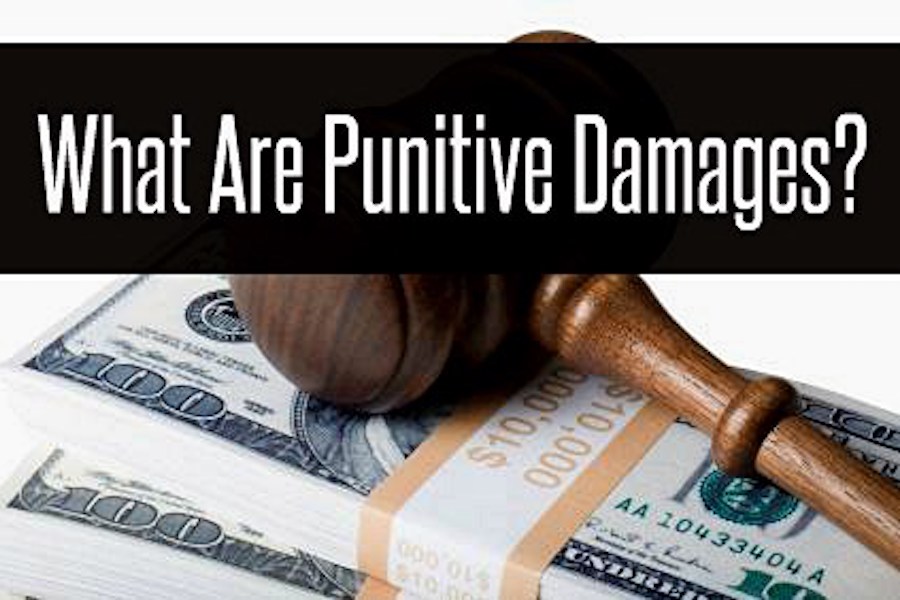Duties of a Trustee
Zimmerman v. McMichael Estate 2010 ONSC 2947, 57 E.T.R. (3d) 101,103 O.R. (3d) 25 is an excellent review of the strict duties that govern the conduct of a trustee.
Deceased were husband and wife and founders of extensive Canadian art collection (Collection) donated to province of Ontario in 1966. The Trustee was an attorney and friend to deceased .
In 2001 deceased executed mirror wills that appointed the other as sole executor and niece and her husband as alternates .
Their Wills left estate to their spouse but if no surviving spouse, residue of estate was to go to Collection after five bequests of $50,000 .
The Husband died November 2003 and wife signed power of attorney appointing trustee as her sole attorney.
In January and February 2004 lawyer prepared trust deed contemplating trustee would settle trust of wife’s property . The Niece then raised questions about trustee’s ability to settle trust in his capacity as attorney and wife executed deed creating trust and authorized all property be transferred to trust except for $250,000 which was held back to satisfy bequests in will.
The Trust deed contained terms that differed from will, including provision that on wife’s death property was to be retained for 21 years rather than immediately being distributed to Collection
The Wife died July 2007 and the niece and her husband were granted certificate of appointment of estate trustee with will.
The Niece and her husband successfully brought application for declaration that power of attorney and trust were void and order that required the trustee to account.
The Law
An attorney is a fiduciary whose powers and duties must be exercised and performed diligently, with honesty and integrity and in good faith,
for the incapable person’s benefit:
An attorney who receives compensation for managing property must exercise the degree of care, diligence and skill that a person in the business of managing the property of others is required to exercise:
30 A trustee of a trust owes the same duties of loyalty, prudence and good faith that an attorney
for property does pursuant to the S.D.A.: Banton v. Banton. [1998J O.J. No. 3528, 164 D.L.R.
(4th) 176 (Ont. Gen. Div.), at paras. 151 and 152. As a fiduciary, a trustee has three principal
duties:
(a) to carry out the terms of the trust with honesty and due care and attention;
(b) to personally carry out the responsibilities entrusted to him or her and not to delegate those responsibilities; and
(c) to ensure that his own interests do not conflict in any way with his duty to the beneficiaries that he serves.
See: Jenkins & Scott, Compensation & Duties of Estate Trustees, Guardians & Attorneys (Aurora, ON: Canada Law Book, 2006) at p. 12:20, citing the Ontario Law Reform Commission Report on the Law of Trusts – Volume 1 (Toronto: Ministry of the Attorney General, 1984) at p. 23; Donovan W.M. Waters, Waters’ Law of Trusts in Canada, 3d. ed. (Toronto: Thomson Carswell,2005)atp. 877.
(b) The duty to account
31 A trustee has an obligation to keep proper accounts. A trustee must keep a complete record of his/her activities and be in a position at all times to prove that he/she administered the trust prudently and honestly. He/she must have the accounts ready and give full information whenever required: Carmen S. Theriault, Widdifield on Executors and Trustees, 6th ed.(Scarborough, ON: Thomson Carswell, 2002) at p. 13-1; Waters’ Law of Trusts in Canada, above, at p. 1063; Sandford v. Porter, [1889] O.J. No. 43,16 O.A.R. 565 (Ont. C.A.).
32 An attorney for property has the same obligations. An attorney must, in accordance with the regulations established pursuant to the S.D.A., keep accounts of all transactions involving the grantor’s property: s. 32(6). Sub-section 2(1) of Ontario Regulation 100/96 relating to the S.D.A. provides that the accounts maintained by an attorney shall include, among other things:
(a) a list of the incapable person’s assets as of the date of the first transaction by the attorney or guardian on the incapable person’s behalf…;
(b) an on-going list of assets acquired and disposed of on behalf of the incapable person, including the date of and reason for the acquisition or disposition and from or to whom the asset is acquired or disposed;
(c) an on-going list of all money received on behalf of the incapable person, including the amount, date, from whom it was received, the reason for the payment and the particulars of the accounts into which it was deposited;
(d) an on-going list of all money paid out on behalf of the incapable person, including the
amount, date purpose of the payment and to whom it was paid; [and]
(h) an on-going list of all compensation taken by the attorney or guardian, if any, including the amount, date and method of calculation.
33 Sub-section 6(1) of that regulation provides that an attorney shall retain the accounts and records required by the regulation until he/she ceases to have authority and the attorney is discharged by the Court on a passing of accounts under s. 42 of the S.D.A.
34 A trustee must make a proper accounting as a condition precedent to being awarded compensation. Without a proper accounting, the court is unable to assess the conduct of the fiduciary and to determine the compensation to which he or she is entitled. Where a trustee is found to have failed to keep proper accounts and to have been grossly indifferent to his/her fiduciary obligations, he/she may be disentitled to compensation: Widdifield on Executors and Trustees, above, at page 13-7; Gibson, Re, [1930] M.J. No. 34, [1931] 1 D.L.R. 159 (Man. C.A.); Picov Estate, Re, [2000] O.J. No. 682 (Ont. S.C.J.).
35 In Assaf Estate (Re) (2009), 94 O.R. (3d) 561, [2009] O.J. No. 1086 (Ont. S.C.J.), I referred to the following statement in Rodney Hull, Maurice Cullity & Ian Hull, Macdonell, Sheard and Hull on Probate Practice, 4th ed. (Toronto: Carswell, 1996) the authors state at 358-359:
The conduct of an executor or trustee in carrying out his or her duties may be such as to justify the Court in depriving him or her or the right to remuneration; and an executor must make a proper accounting as a condition precedent to being awarded compensatioa But only exceptional misconduct should deprive him or her of the right to remuneration … In general, although an executor may be guilty of neglect and defaults, these, if not dishonest, and capable of being made good in money, do not deprive the executor of the right to compensation although they may influence the amount allowed, [emphasis added]
See also: Sievewright v. Leys (1882), 1 O.R. 375, [1882] OJ. No. 137 (Ont. H.C.); McClenaghan v. Perkins (1902), 5 O.L.R. 129, [1902] O.J. No. 24 (Ont. C.A.); Picov Estate (Re.), above.
36 An attorney who fails to retain receipts supporting substantial cash withdrawals or expenses charged against the incapable person’s property has not adequately carried out his/her duties and will be held personally liable for the unsubstantiated withdrawals: Lanthier v. Dufresne Estate, [2002] OJ. No. 3397, [2002] O.T.C. 671 (Ont. S.C.J.) at paras. 52-57; Ronson Estate, Re, [2000] OJ. No. 1294 (Ont. S.C.J.) at paras. 15-20.
c) Misuse of trust funds
44 It is a basic principle of trust law that a trustee is not entitled to use the trust property for his or her own personal benefit. If a trustee cannot account for or explain disbursements or expenses charged against a trust he/she is personally liable to the trust for those disbursements and expenses. This is known as a “surcharge”: See, for example, Jacobs v. Hershorn, [2006] O.J. No. 1333, [2006] O.T.C. 331 (Ont. S.C.J.) at paras. 18-21.
45 Falsification of accounts occurs when there is a disbursement shown on the accounts which the objectors allege is wholly false or in some part erroneous: Picov Estate, Re, above, at para. 25; MacDonnell, Sheard, Hull, Probate Practice, (4th ed.) at p. 350.






